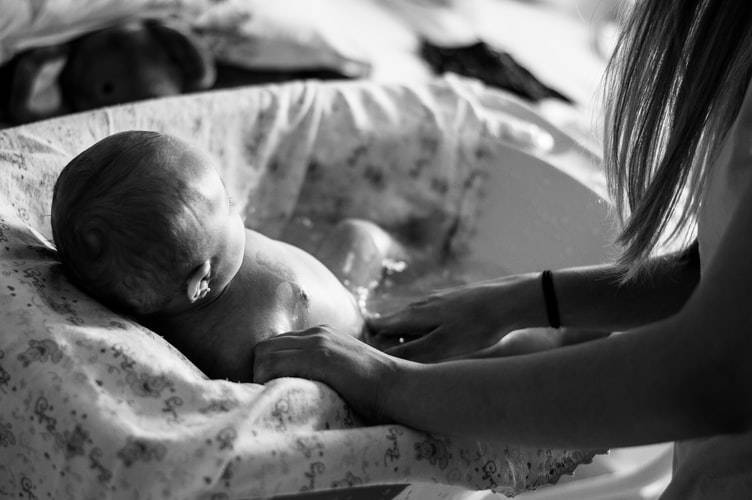The second wave of the coronavirus has significantly affected children, with an increase in symptoms among them, including multisystem inflammatory syndrome that occurs in children after COVID-19. This inflammatory condition, similar to Kawasaki disease, is a serious complication associated with the coronavirus and can take up to 6 months to fully resolve. Symptoms can be rapid and severe, appearing in children 4-6 weeks after recovering from COVID-19.
While most signs of multisystem inflammatory syndrome in children are related to inflammation and require clinical diagnosis, reports now indicate that some early warning signs of the condition can be observed on the skin.
Doctors have noted that most cases of multisystem inflammatory syndrome following COVID-19 occur when the immune system tends to overreact to the viral infection, causing widespread inflammation. These inflammatory signs can manifest as fever, headache, gastrointestinal disturbances, or, as seen in most cases, skin symptoms.
According to a new study, early clues to the spread of multisystem inflammatory syndrome in children can be detected via the mucous membranes located on the skin, aside from other prevailing signs and symptoms. This observation was drawn from studying the symptoms of 35 children affected by multisystem inflammatory syndrome who were hospitalized due to this condition. It was observed that 83% of these patients experienced mucosal symptoms on the skin, including rashes, swelling, and redness, all of which appeared in the first weeks following the onset of symptoms.
Experts are now warning parents and doctors that although skin symptoms, allergies, and inflammation can occur in children for various reasons, underlying causes related to COVID-19 should not be overlooked and should rather be closely monitored. These skin symptoms can be mild to moderate in nature but require monitoring and acute care, and in many cases, symptoms may resolve without medical intervention, according to The Times of India.




